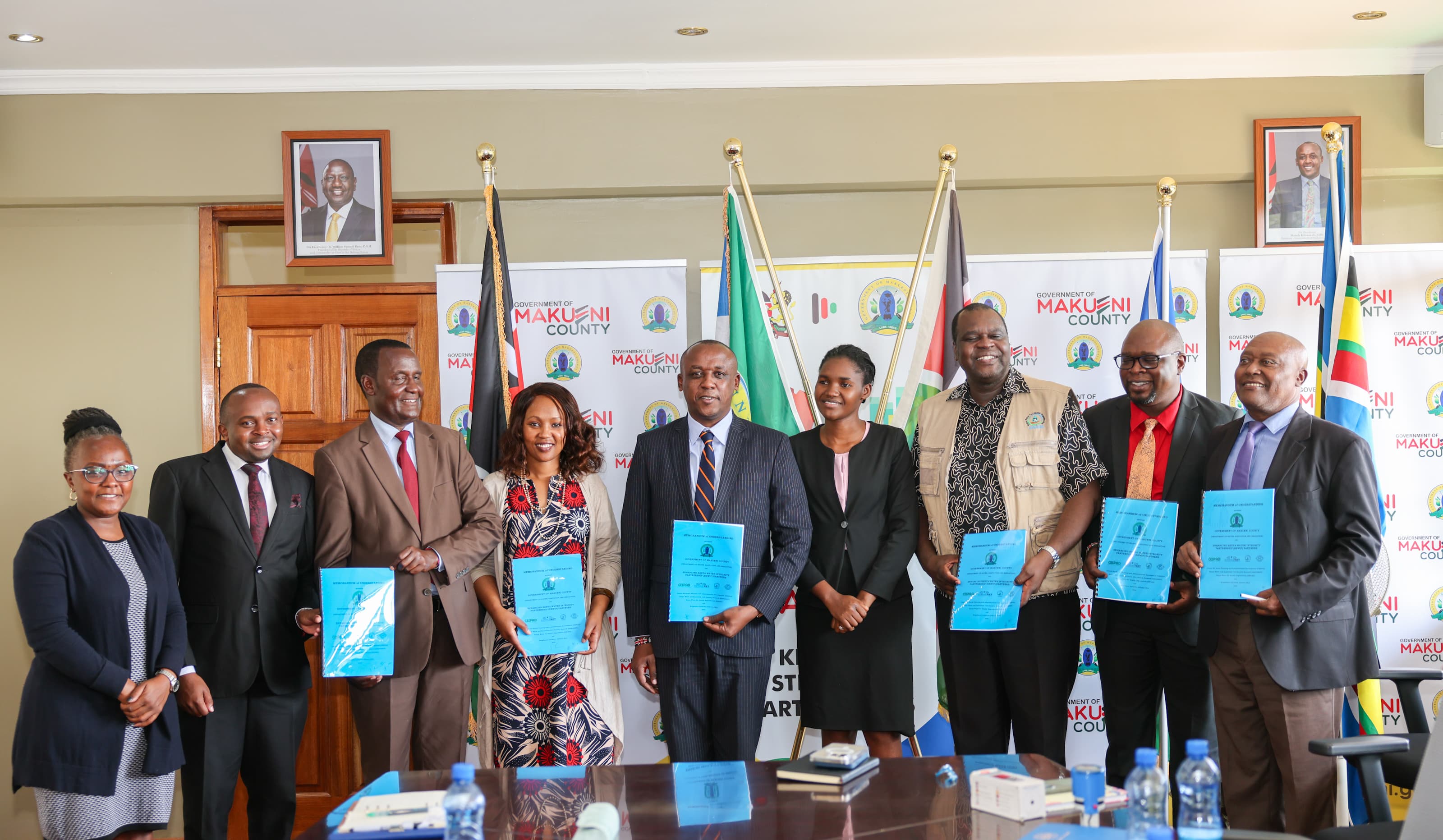
Posted on: 09th Jul, 2025
Read: 3 Minutes
Posted by: Kewasnet Admin
EKWIP Partners, comprising CESPAD, KEWASNET, KWAHO, and NIA, hosted the Uganda Water and Sanitation Network (UWASNET) team on a week-long learning exchange visit in Kenya. Witnessing first-hand, the visit offered a fresh perspective on how communities are transforming their access to water. The visit, which took place from June 16 to 19, 2025, was about witnessing real change in action and understanding the collaborative spirit that drives it.
Kenya's water sector has undergone significant evolution, driven by the Water Act of 2002 and the subsequent Water Acts of 2016 and 2024, which redefined institutional responsibilities and separated water services from water resource management. This framework, anchored in the 2010 Constitution, guarantees every citizen the right to clean and safe water.
Among the most compelling narratives encountered was the profound transformation at the Ulu 3 Water Users Association (WUA) in Makueni County. This community-managed system, once struggling with informal cash handling, cumbersome manual billing, and virtually no records, has undergone a striking transformation. It was a tangible testament to resilience. Thanks to the Integrity Management Toolbox (IMT) process, ULU 3 WUA now operates with a customised constitution, is legally registered, and has embraced digital billing. Payments are made to a mobile platform linked to their bank accounts, and records are automatically updated. They have even hired a project manager, built a permanent office, and cleared a significant electricity debt. The presence of a woman chairing the association in a traditionally patriarchal setting was particularly inspiring. This transformation at ULU 3 WUA provided a vivid illustration of how commitment and transparency can reshape community water systems.
The dialogues with key institutions – the Water Sector Trust Fund (WSTF), Water Resources Authority (WRA), and Water Services Regulatory Board (WASREB) – provided a deeper understanding of Kenya's well-coordinated institutional mandates and robust regulatory frameworks. It became clear how their strengths contribute to a cohesive national water strategy. WSTF, for instance, provides grants to county governments and mobilises resources, with a strong emphasis on integrity and transparency in fund disbursement. WRA's pioneering use of digital platforms like e-Citizen, streamlining water permit applications, is a brilliant move to cut through bureaucracy and proactively deter corruption WASREB, the national regulatory agency, monitors the performance of Water Service Providers and has deployed tools like the Water Regulation Information System (WARIS) for data collection and performance tracking.
What truly stood out as a pivotal element of Kenya's holistic approach is the vibrant and proactive role played by its civil society organisations. KEWASNET, being the national umbrella body, employs a two-pronged advocacy approach: engaging in formal policy processes through legal reviews and position papers, and driving citizen engagement through campaigns, grassroots organising, and media engagement. We also highlighted the production of our annual performance report called "The Voice," which documents the contributions of CSOs in the water sector, focusing on integrity, accountability, and quality.
The visit also saw the exciting potential of youth engagement through platforms like the Makueni Youth Water Parliament. This youth-led accountability platform actively audits projects, develops memoranda to county executives, and uses digital platforms for public discussions.
Another critical insight was the sophisticated integration of climate finance with integrity measures. The government's Financing Locally Led Climate Action (FLLoCA) program, which empowers communities to lead adaptation projects, is being meticulously bolstered by partners like CESPAD through integrity pilots, ensuring transparency permeates every step.
The visit culminated with the formal signing of a Memorandum of Understanding between EKWIP Partners and the County Government of Makueni. This agreement formalises their collaboration in integrity promotion, policy engagement, and community-led water governance, aligning their efforts for greater impact.
This exchange visit reinforced the importance of evidence-based advocacy, mutual learning, and cross-border cooperation. The lessons learned in Kenya, particularly regarding the IMT, youth engagement, and climate finance integration, offer valuable insights that we believe can be adapted and scaled in Uganda to advance their water governance initiatives.
You can also log in to post a comment. Login
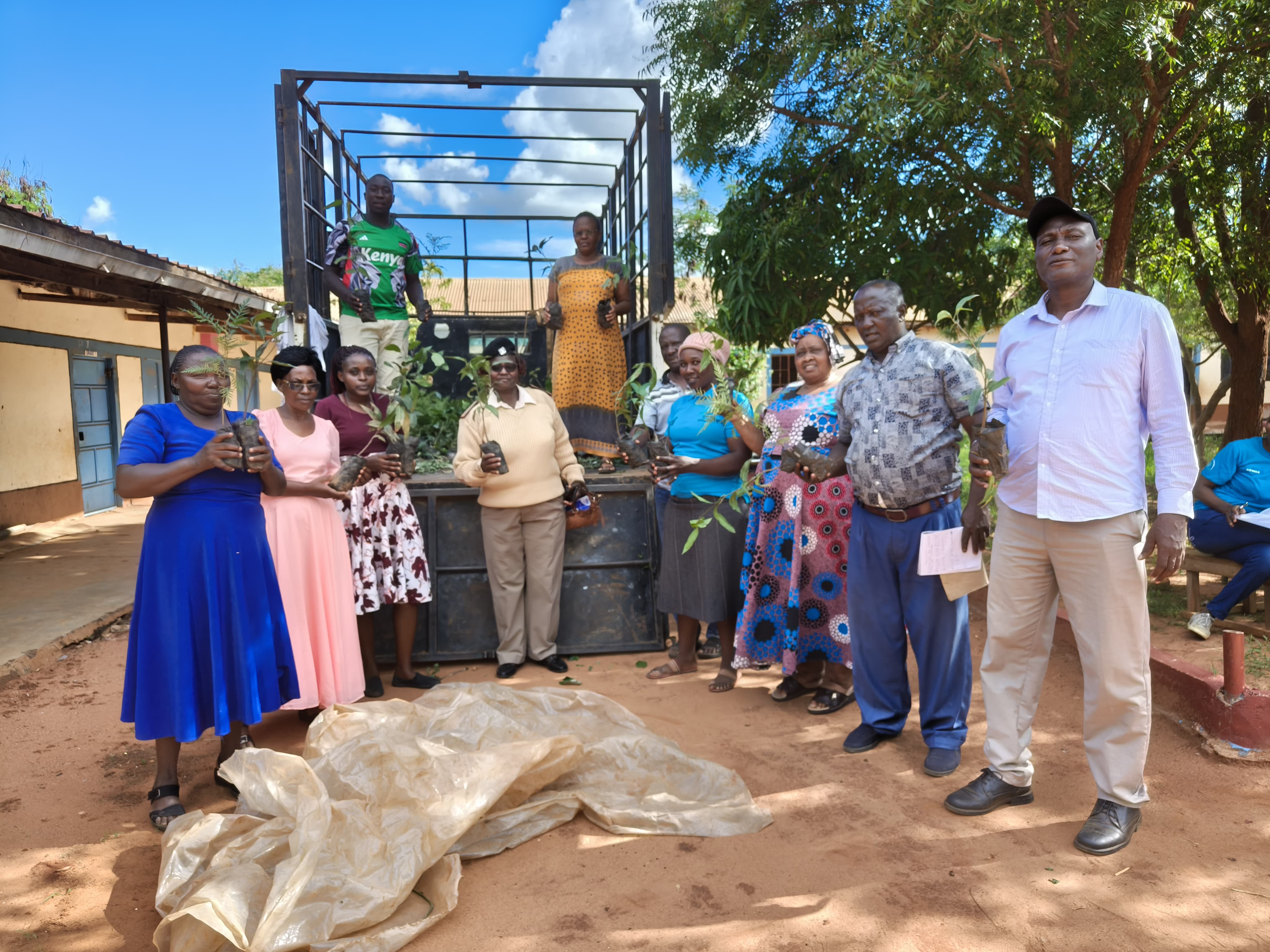
Posted on: 28th Apr, 2025
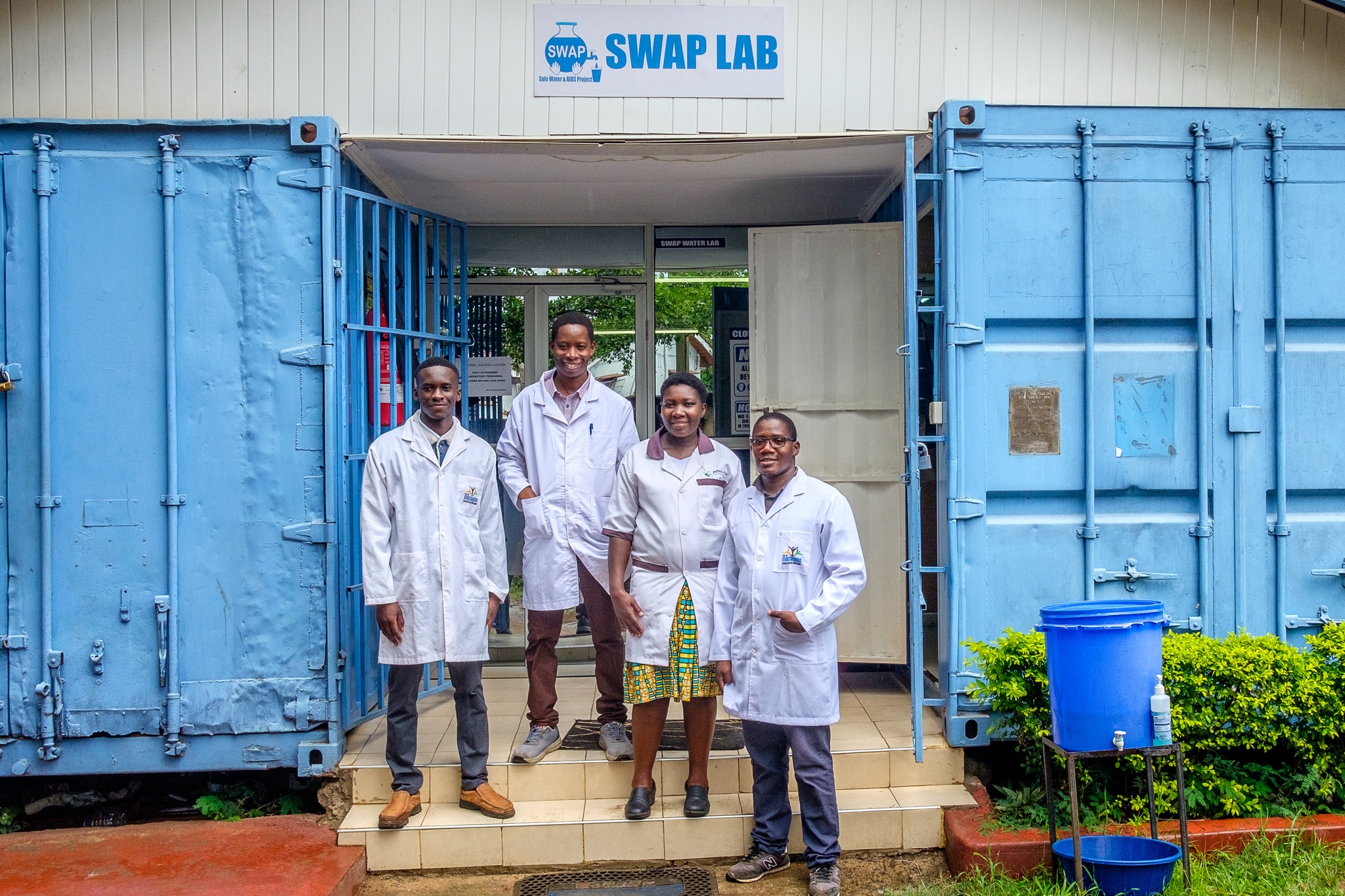
Posted on: 24th Mar, 2025
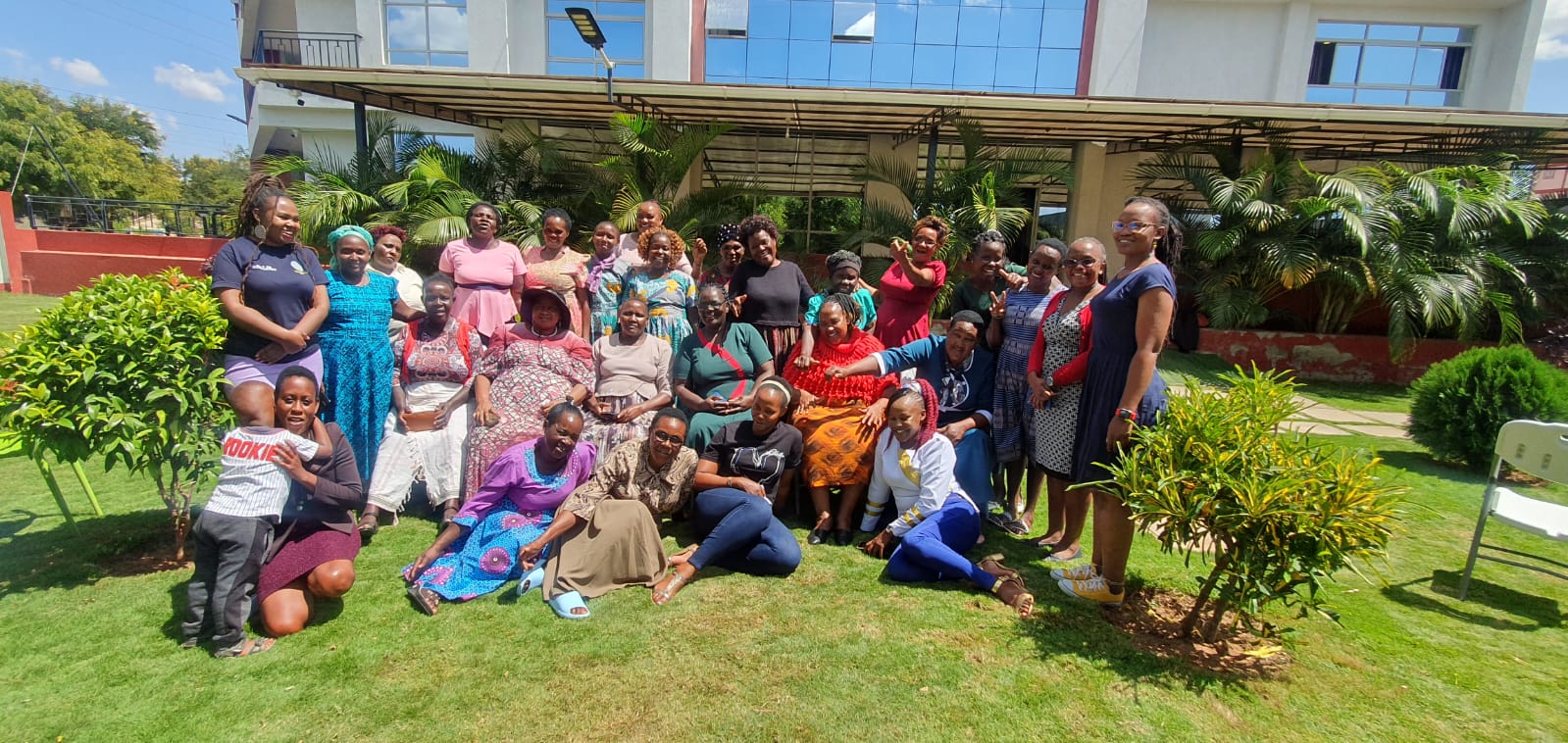
Posted on: 11th Mar, 2025
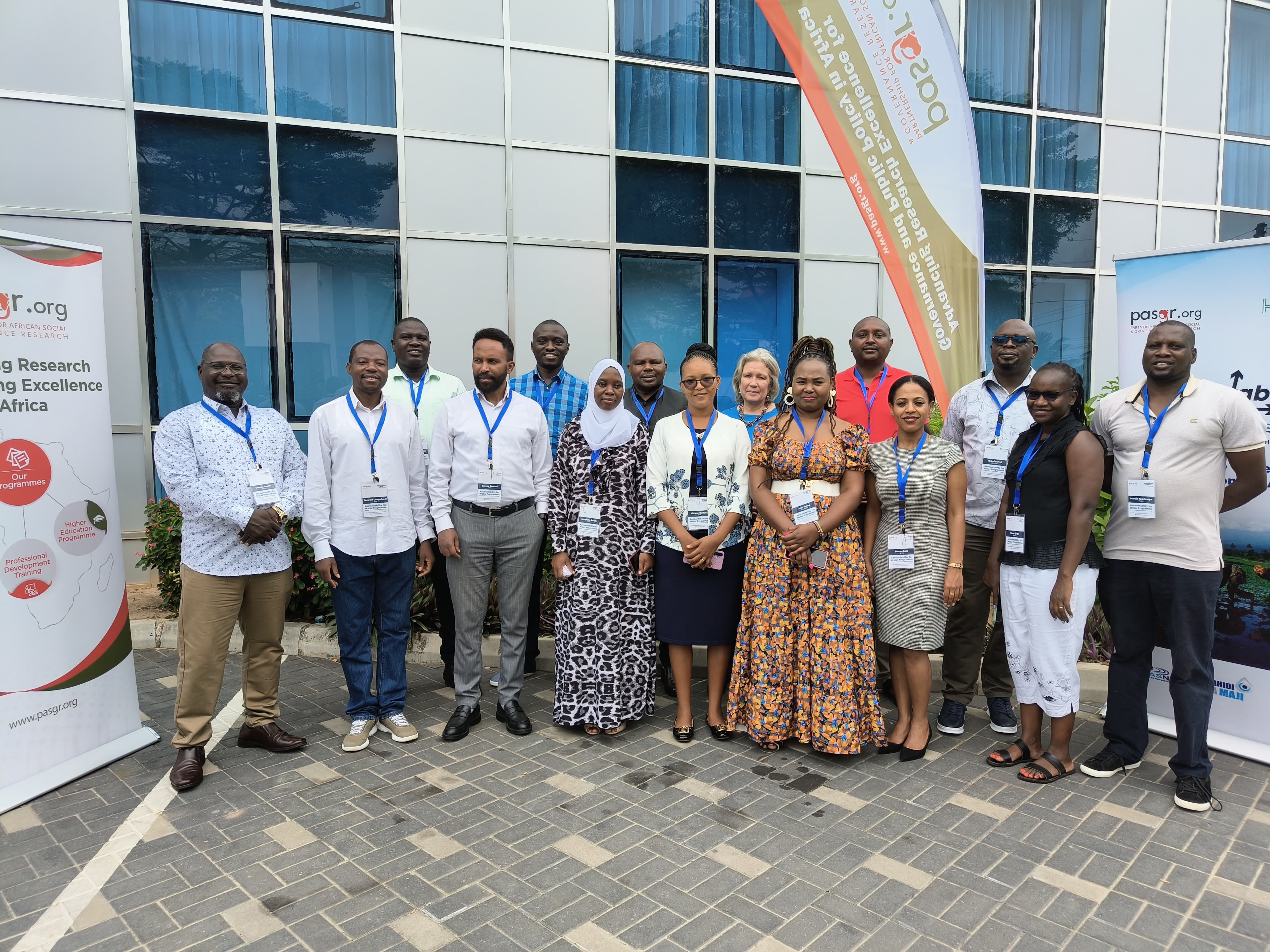
Posted on: 05th Mar, 2025
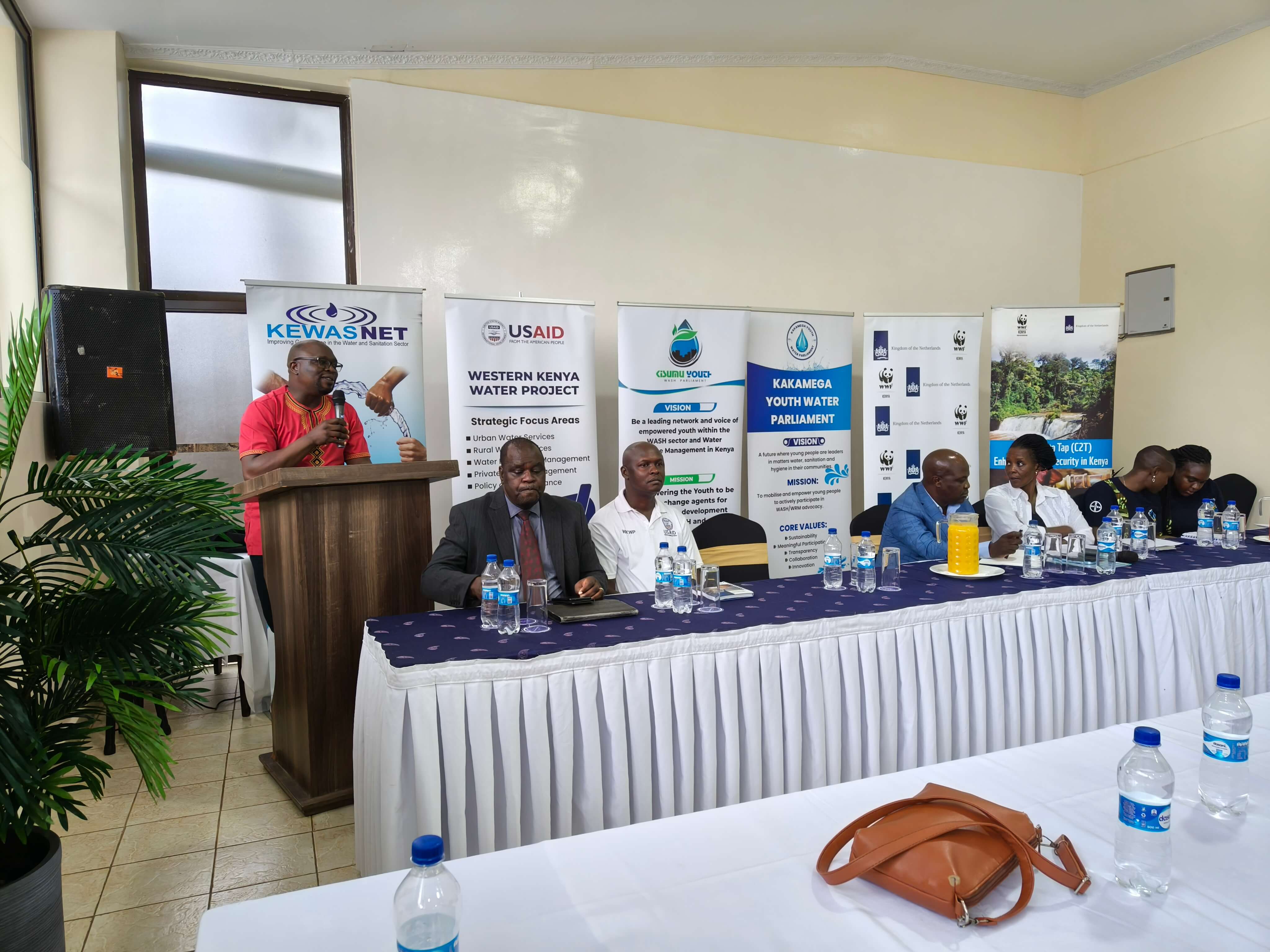
Posted on: 29th Sep, 2024